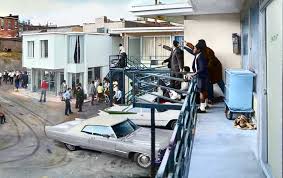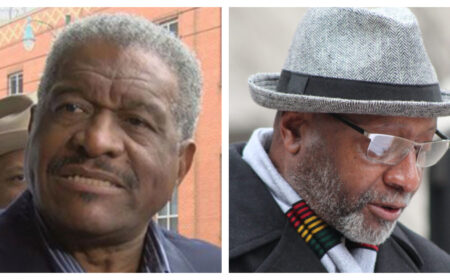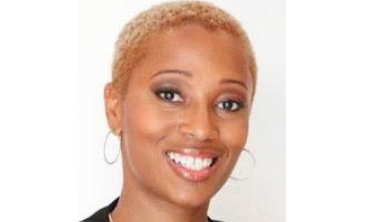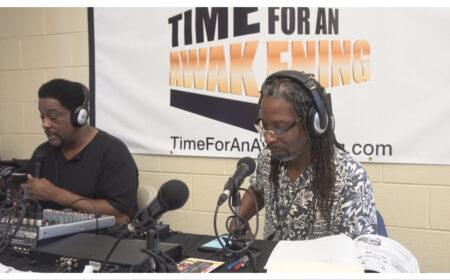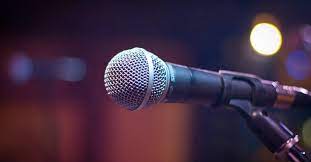
Some Black Gun Control Activists Felt Left Out by March for Our Lives
Millions flocked to March for Our Lives events this weekend, including tens of thousands to events in South Florida. In Miami Beach, huge crowds waved signs and chanted for stricter gun control, while organizers promised that the fight had “just begun.”
But as the push for gun reform gains steam in South Florida after the Parkland shooting, some longtime African-American activists have a message for those just getting involved: “We’ve been talking about this.”
“The whole conversation behind Parkland is really great, but from young black kids’ eyes it looks different,” says Hobson. “To people who are saying this movement began in Parkland, I’m like no, this movement began in the hood. It sometimes feels like a slap in the face.”
Black children are ten times more likely to get killed by guns than white children, according to the Centers for Disease Control and Prevention.
Hobson was 16 when a drive-by shooter in Miami Gardens fired an AK-47 bullet through the trunk of her sister’s car and into her pelvis. She had multiple surgeries to reconstruct her intestines, uterus, and hip, and still has trouble walking on her right leg.
After the shooting, she was unsure how to move forward with her life. Her search for resources and support in Miami came up mostly empty. So, she began to create those opportunities herself.
She shared her story any chance she got. And she began working with youth impacted by gun violence to help them heal.
In 2013, Hobson was invited by Rep. Debbie Wasserman Schultz to attend Barack Obama’s State of the Union address in Washington, D.C. She’s since completed an internship in Wasserman Schultz’s office and continues to work with the congresswoman on legislation. She’s a spokesperson and state outreach coordinator for Moms Demand Action for Gun Sense in America, which was created in 2012 in response to the shooting at Sandy Hook Elementary School. She’s one of the 101 survivors photographed for Kathy Shorr’s SHOT project — in fact, she’s on the cover. She hosts events across Miami and the state, and is working to create a nonprofit space for kids to heal from gun violence.
But she’s still healing too.
“It’s tough,” she said. “The way trauma works is you grow older but the pain grows with you. I was not just surviving that night, but every day after. I’m still a black girl in Miami. We hear about shootings all the time –
at the gas station, in the car, in your community – it’s so common.”
On Saturday, a group of students from Liberty City who traveled to Washington, D.C. for the national March for Our Lives had the same message. “All I see is Caucasians. I don’t see black people,” one young man told CGTN. “They need to come to our area… We are from the hood, the ghetto, this is every day for us.”
Hobson says events designed to highlight the voices of gun violence survivors need to be accessible to people from the communities where gun violence has the largest impact. She attended Saturday’s event in Miami Beach but was disappointed by the lack of affected youth who were included. No one approached her about being a speaker.
“Is there transportation? Is it inclusive to everyone? Are we working to bring communities where this is most needed?” she says. “Those are the questions organizers need to ask.”
On Saturday, March 31, Hobson will take part in an event in Wynwood called “Stop the Gun Violence, Fool.” On April 14, she will host a walk for gun violence in Liberty City, and two days later she will be part of a “The Youth Speaks” event at the Broward Center for the Performing Arts.
“It’s gonna take a lot more than just a march,” she said. “It’s gonna take a 365-day conversation to create change. This fight for me is every day.”
READ MORE AT: http://www.miaminewtimes.com/news/march-for-our-lives-miami-black-activists-feel-left-out-of-movement-10207933
